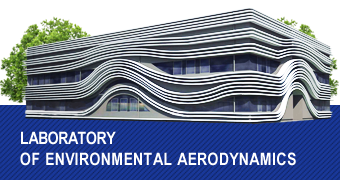Land management is interfaculty field of study: faculty of architecture, faculty of civil engineering and faculty of environmental engineering.
Spatial development is a modern field of study that assures interdisciplinary knowledge in the spatial organization of socio-economic development, principles and techniques of spatial planning, general economic, natural and social knowledge, as well as specialist knowledge in the field of planning the development of technical and transportation infrastructure.
The Spatial Development field of study encompasses:
1st cycle (BSc) studies - that last 3,5 years (7 semesters)
2nd cycle (MSc) studies specializing in: town planning and transport, spatial development and municipal management system - that last 1,5 years (3 semesters)
Professional competencies acquired during studies
1st cycle
The graduates are qualified to participate in the construction of local development strategies and in sectoral programming, aimed at increasing the competitiveness of local and regional structures and counteracting natural hazards. They have the competences of advisors in the field of land and real estate management and are qualified to develop the documents on the impact of investments on the environment, development plans, technical and transportation infrastructure systems, plans for spatial transformation.
The graduates may find employment in regional or local self-government units, in their branch structures related to spatial management; in design offices and other public administration units dealing with management, creating conditions for development and development control.
2nd cycle
The graduates possess interdisciplinary knowledge, skills and competences covering key issues in the field of spatial management, enabling responsible shaping of the civilizational environment, in accordance with the principles of sustainable development, taking into account legal, social, environmental, cultural and technical conditions and principles of spatial order. They are prepared for creative participation in the process of planning the development of cities and regions. The graduates may be employed in the city and municipal offices, district and regional offices, in government administration offices, in planning, design and consulting offices working for local government units, as well as in research institutes.



